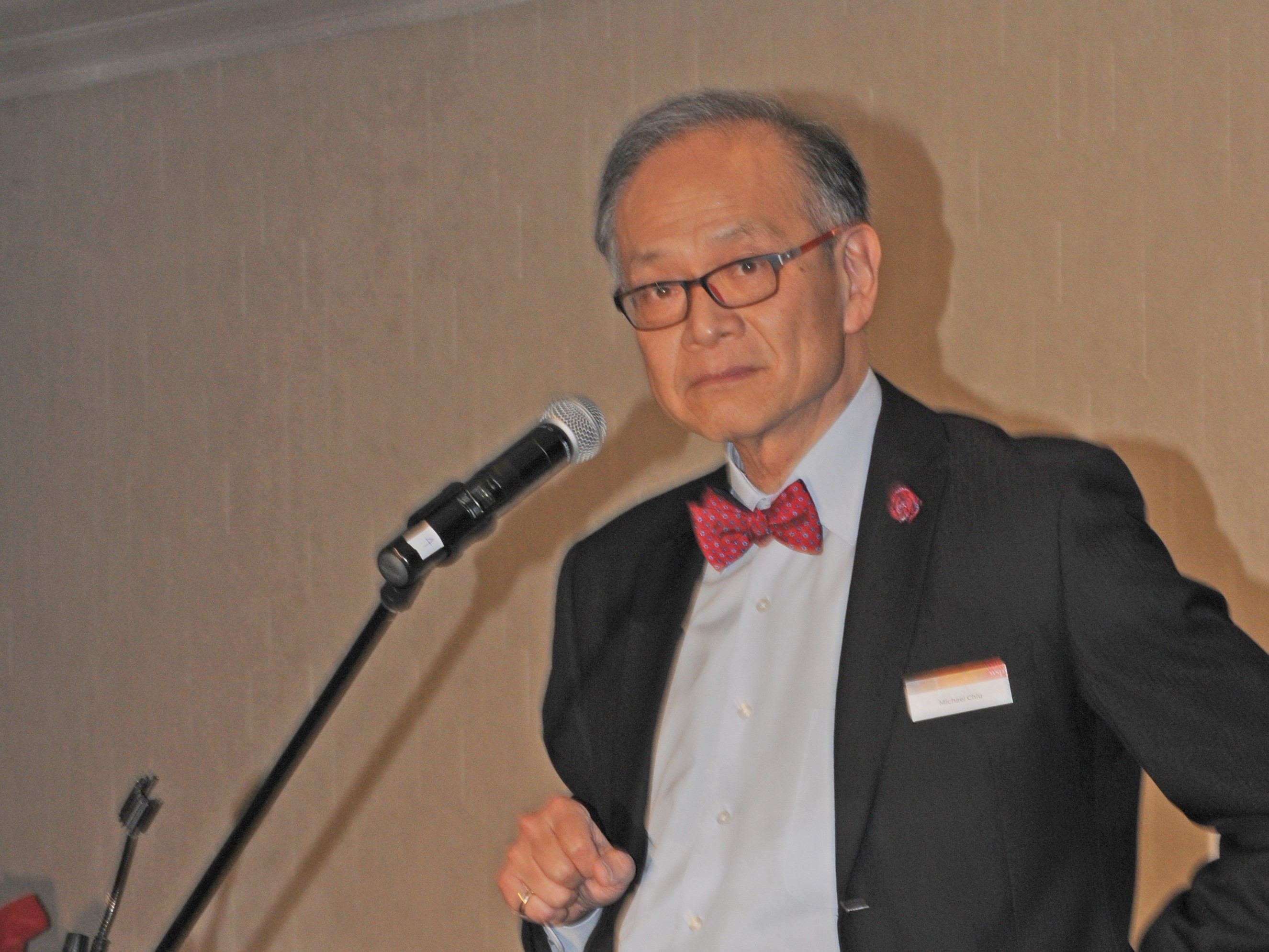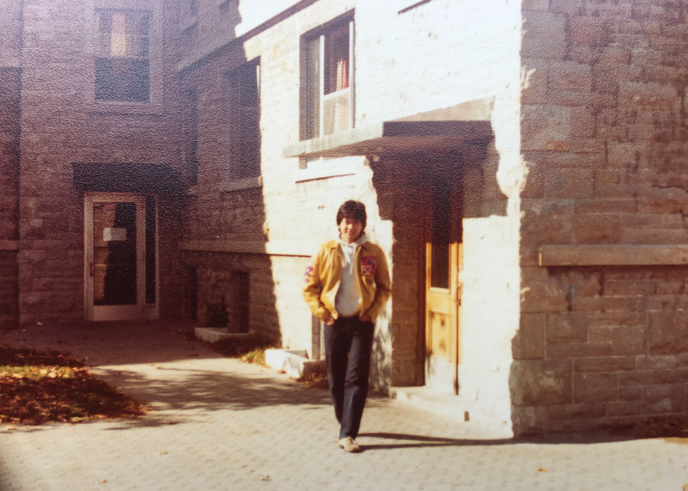Michael Chiu has worked in the transportation business since graduation. Over the last four decades, he has been a part of planning and designing of many important transportation infrastructures in Ontario and overseas such as highways and roads, bridges, transit and transportation master plans.
In this Q&A, we learn about Michael’s career in the transportation industry, what he wishes he could have learned in his undergrad as an international student, and he shares with us how to find fun and opportunity in any job.
What does WSP do? What is Business Development?
WSP is a Canadian engineering consulting company that provides design and advisory services to clients in the transportation, infrastructure, buildings, oil & gas, and environmental sectors globally.
Transportation business development is simply the job of developing business in the transportation sector and creating long-term values for the company from client businesses, market expansions and relationship building. I try to ‘win’ the company more jobs through networking with clients, strategic pursuits and ‘winning’ proposals.
In my role, there are a lot of tasks that need to be completed. My days are filled with meetings on specific topics and connecting with people with a wide variety of focuses both internal and external to the firm. There are strategy meetings to discuss expansions into different target markets, meetings to maintain relationships with clients, and meetings to talk business with new clients. Before the recent COVID-19 pandemic, I would travel across Canada to strategize and assist with business development and client relations .
What was your career path?
I was an international student at Queen’s University, so after finishing my undergrad I went back to Hong Kong and got a job at the Mass Transit Railway (MTR), which is the equivalent of the Toronto Transit Commission (TTC) or TransLink in Vancouver in Canada. I had the opportunity to work on a construction site building a deep-basement subway station; in a design office designing multi-span prestressed concrete bridges and in a planning office mapping out new subway extension lines.
Eight years later, I moved back to Canada where I joined a company called McCormick Rankin Corporation (MRC). I was a project manager for planning and conducting environmental assessments of new highways and roads, and I have worked with many people with different expertise which gave us the ability to consider all factors when planning. I later became a department manager looking after about 50 staff; and then subsequently moved into executive level, as the Vice President of Transportation Business Development and Client Relations, participated in more corporate-related work. .
What is your greatest success so far in the industry?
There are several things I am proud of. Some of the highways that I was involved in planning have become a reality. These include highway expansions of QEW, 401 and 400 and highway extensions such as 407 East, 410 and 427 in Ontario. Also, I am one of the key authors for the Geometric Designs Guide for Canadian Roads, which is a national guide that provides design principles and guidelines to all provinces and municipalities across the country. Apart from those, I would say that I have been very successful in “connecting” people and maintaining good relationships with clients and team members alike, which could also be seen as a great achievement.

Why did you decide to study Civil Engineering?
I chose Civil Engineering for two simple reasons. I liked seeing things being built and hopefully contributing to a better world; and I was not into the materials that other disciplines offered. I have had the opportunity to plan, and design a variety of transportation infrastructures and be creative at the same time, so I got to do what I enjoy most.
What do you wish you knew before entering the workforce?
During my university years, we were not taught many of the practical things you need to succeed in your work life. I had the opportunities to practice a basic level of soft skills such as report writing and giving presentations.. But I never fully touched on the success factors (e.g. communication, attitude, work ethics, etc.) needed in the real world and never had enough writing exercises. I know that this is different in today’s engineering program. But as an international student whose second language is English, I had to work extra hard to learn these things on the go, and it would have been much easier if they taught more of this stuff when I was in university.
How has your time at Queens shaped your career?
Overall, I had the opportunity to make some great friends and was able to be a part of a strong community. Most importantly, graduating from the Queen’s Engineering program gave me a lot of confidence and opportunities. I believe that doing well in the Queen’s Engineering program makes you a top choice for employers.
How does ethics play a role in your career?
In a client-consultant relationship, ethics is everything. My business focus is transportation, and that includes roads, highways, subways, bridges, etc. All this infrastructure is tied to the government, and ethics is the most important factor in conducting our business and setting a standard for professional behaviour. As a staff in a consulting company, ethics is always top-of-mind!.
What personal characteristics do you feel are necessary to be a successful engineer/consultant?
One important personal characteristic as an engineering consultant is empathy. You must be able to put yourself in other people’s shoes so then you can make better decisions for everyone involved. Another personal characteristic is to be a good listener. One should listen to really understand the other person and should not bias themselves with an answer that they came up with beforehand. This will help you build stronger relationships with others, which is especially important in the world of consulting.
My final piece of advice is to focus on yourselves and have the right work attitude. I find that a lot of people like to constantly compare themselves to others, which is not a healthy practice. There is a saying, rightly or wrongly, that goes ‘If you want to get work done, go to the busy guy’. What does that mean? If your co-workers have a positive image of you and know that you like your work and you produce good results, then they will come to you with more work and more opportunities. No one goes to the guy that does the bare minimum, so it’s good to be more outgoing and willing to accept new opportunities and do more things. If you do, you will find your job to be more fulfilling and fun, and when you leave your work at the end of the day, you will be able to put your mind at ease without stressing over work.
If you are passionate about your work and you will perform well, the people around you will recognize that. A chain reaction will start where your bosses and co-workers will recognize your good work and contribution, you will then find job satisfaction and work becomes fun, and this will lead to more opportunities from your bosses for you to grow. And you will end up having even more fun!
